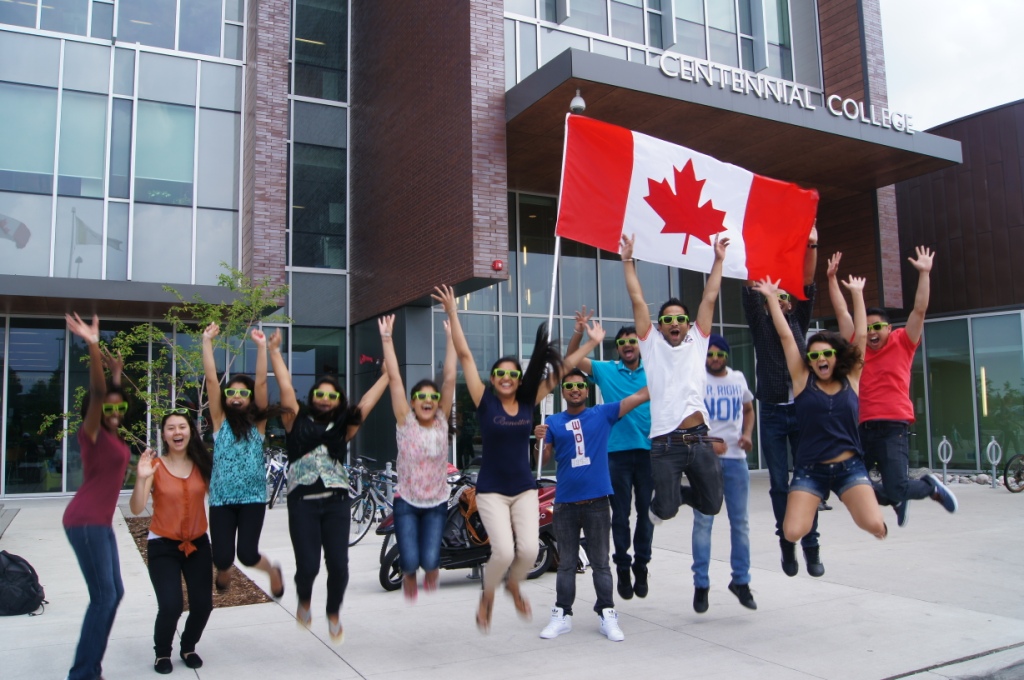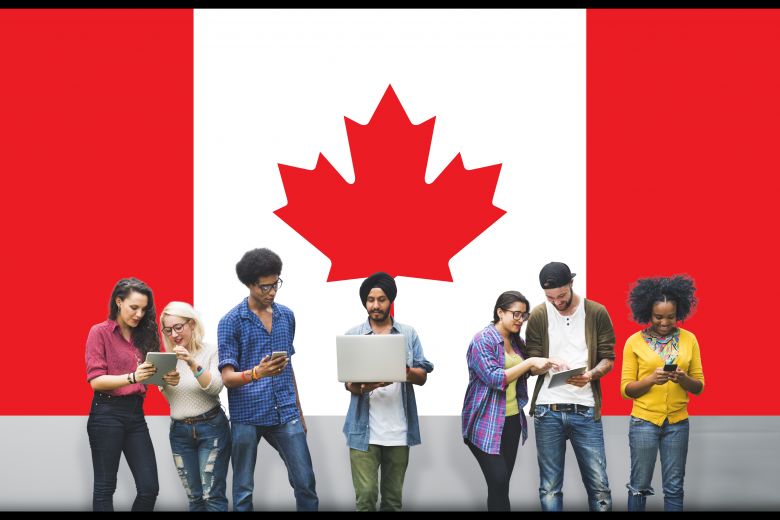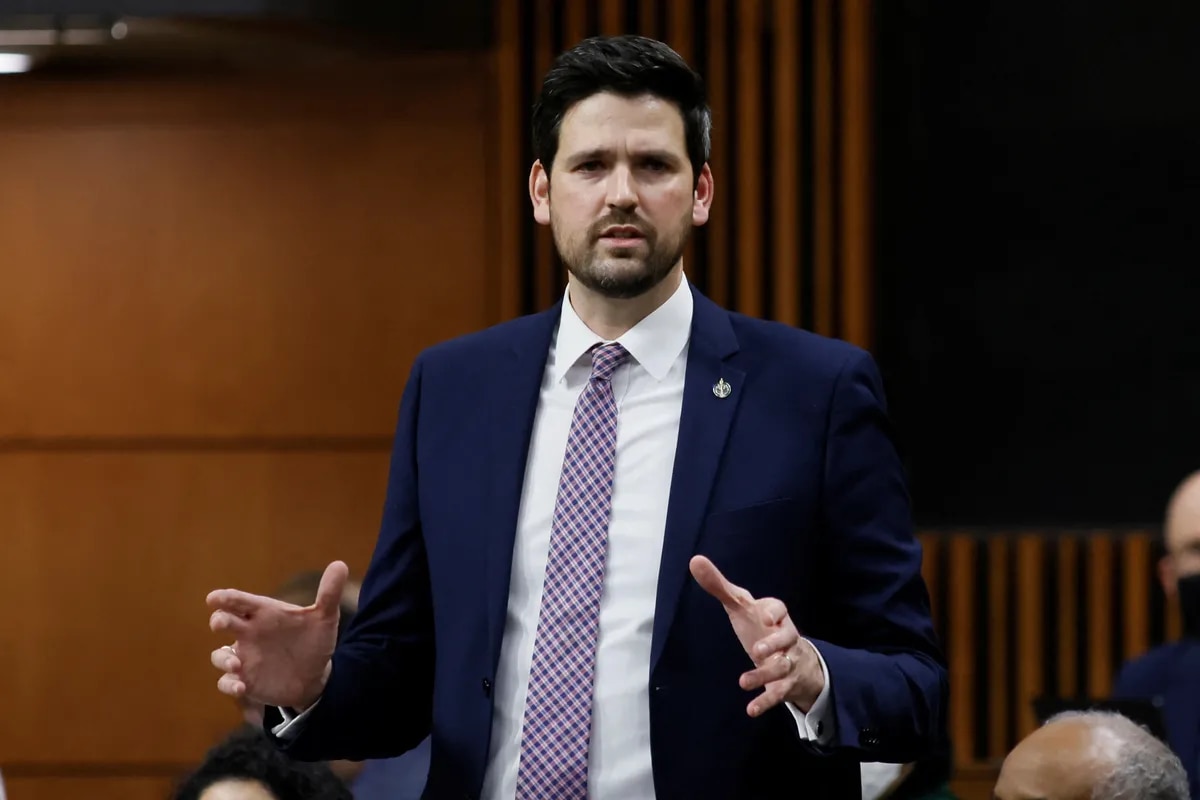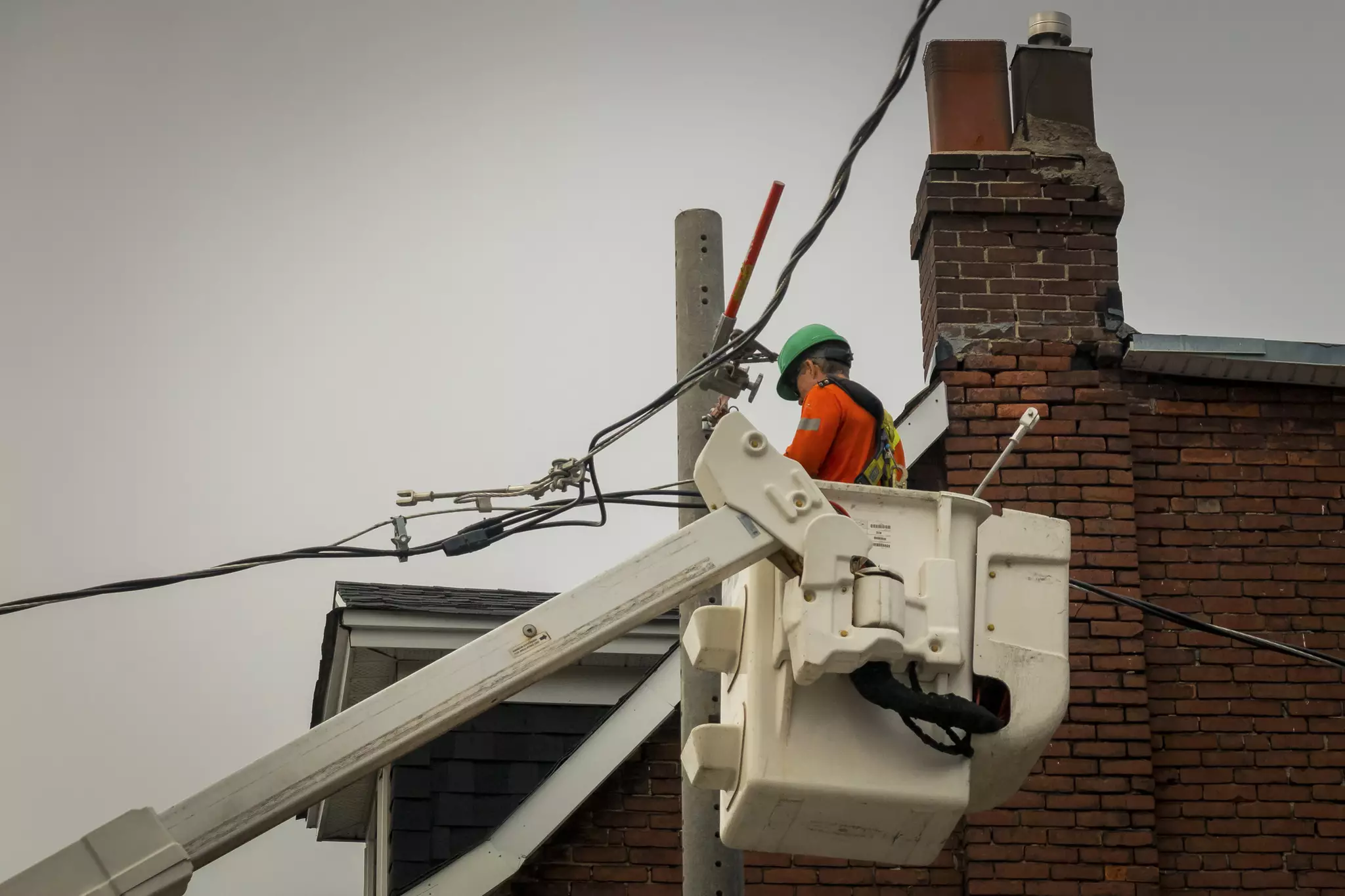Are you exploring opportunities to build a future in Canada? With its welcoming policies, thriving economy, and multicultural society, Canada offers relocating to Canada pathways tailored to skilled workers, entrepreneurs, students, and families. The country aims to welcome over 1.2 million newcomers by 2023, prioritizing talent that fuels its workforce and innovation. Whether you’re from Africa, Asia, or beyond, these relocating to Canada pathways simplify your journey to permanent residency—no complex jargon or endless paperwork.

12 Relocating to Canada Pathways for 2023
1. Express Entry Programs
Canada’s Express Entry system fast-tracks skilled workers through three federal programs:
- Federal Skilled Worker Program (FSWP)
- Federal Skilled Trades Program (FSTP)
- Canadian Experience Class (CEC)
Submit an online profile, earn points for age, education, work experience, and language skills, and receive an Invitation to Apply (ITA) if ranked highly in the Comprehensive Ranking System (CRS). Processing takes just six months!
2. Study-to-Residency Route
Enroll in a Canadian institution with a Study Permit, transition to a Post-Graduation Work Permit (PGWP), and apply for permanent residency via Express Entry. Over 300,000 international students choose Canada yearly for its world-class education and post-study work opportunities.
3. Spousal/Common-Law Sponsorship
Married to a Canadian citizen or permanent resident? Apply for sponsorship after proving a genuine relationship. Canada prioritizes family reunification, but fraud penalties are severe.
4. Intra-Company Transfers
Work for a multinational company? Transfer to a Canadian branch under trade agreements with the U.S., Mexico, Chile, and others. After 12 months, apply for permanent residency.
5. Provincial Nominee Programs (PNPs)
Provinces like Ontario, British Columbia, and Alberta nominate candidates who meet local labor needs. Popular streams include:
- Ontario Immigrant Nominee Program (OINP)
- BC PNP Tech Pilot
- Alberta Accelerated Tech Pathway
6. Temporary Foreign Worker Program (TFWP)
Secure a job offer from a Canadian employer, obtain a Labour Market Impact Assessment (LMIA), and work temporarily. Transition to permanent residency through Express Entry or PNPs.
7. Start-Up Visa Program
Innovators with a viable business idea can partner with Canadian investors or incubators. Receive permanent residency by launching a startup that creates jobs.
8. Self-Employed Persons Program
Artists, athletes, or cultural professionals can relocate by demonstrating self-employment experience and contributions to Canada’s cultural landscape.
9. Caregiver Programs
Work as a childcare provider or home support worker to gain Canadian experience and apply for permanent residency.
10. Atlantic Immigration Pilot (AIP)
Targeting Canada’s Atlantic provinces (Nova Scotia, New Brunswick, PEI, Newfoundland), this program matches employers with skilled workers and international graduates.
11. Rural and Northern Immigration Pilot (RNIP)
Relocate to smaller communities like Sudbury, Thunder Bay, or Vernon. Local employers sponsor candidates willing to settle in these regions.
12. Humanitarian and Refugee Programs
Canada offers asylum to those fleeing persecution. Privately sponsored refugees can resettle with community support.
Why Choose These Relocating to Canada Pathways?
- Speed: Programs like Express Entry process applications in 6–8 months.
- Flexibility: Options for students, entrepreneurs, skilled workers, and families.
- Support: Provincial programs address local labor shortages, increasing approval chances.
Start Your Journey Today
With over 401,000 permanent residency spots available in 2023, now is the time to explore relocating to Canada pathways that align with your skills and goals. From fast-tracked tech visas to family sponsorship, Canada’s inclusive policies make it easier than ever to build a life in one of the world’s most welcoming countries.











No comments yet.